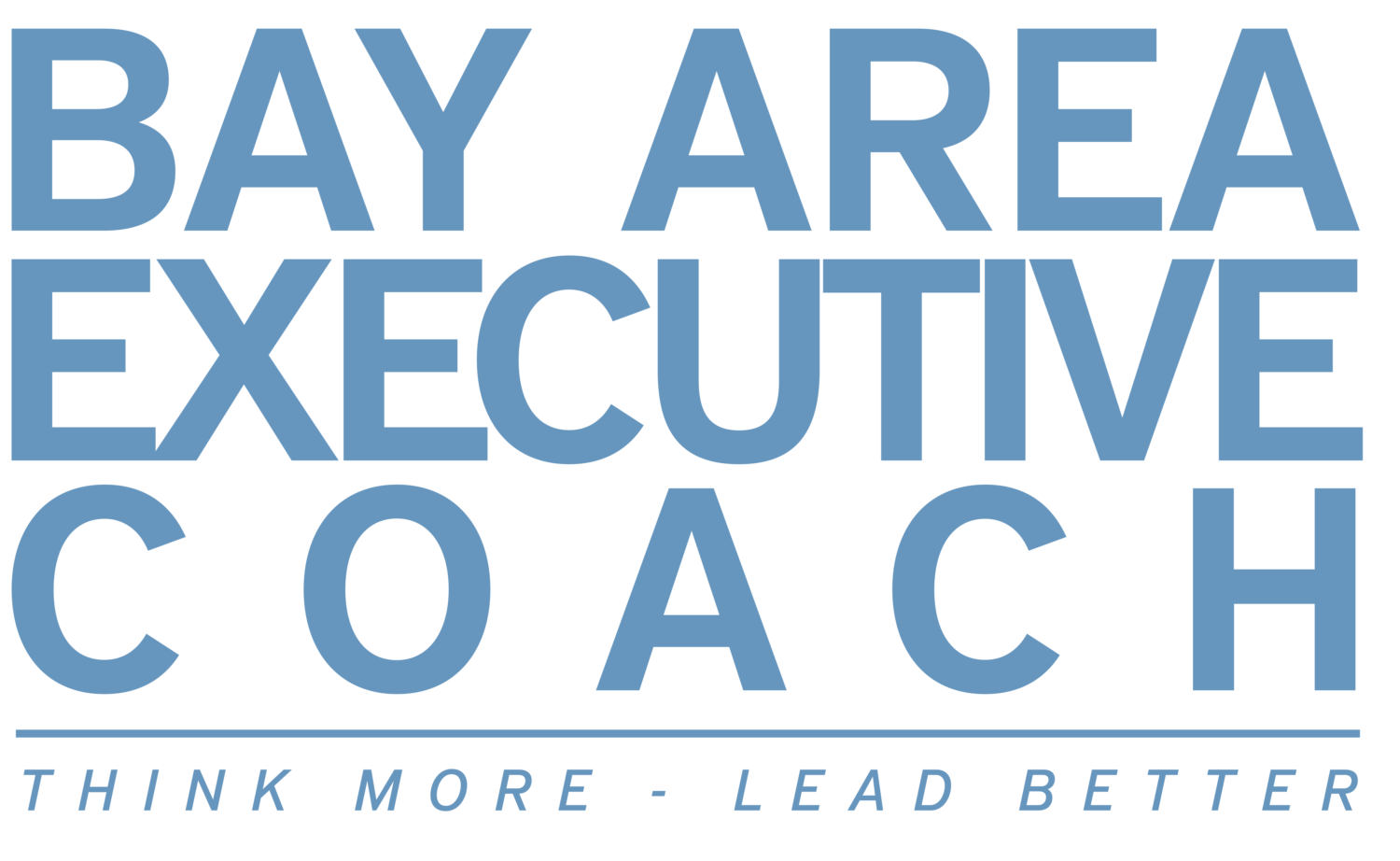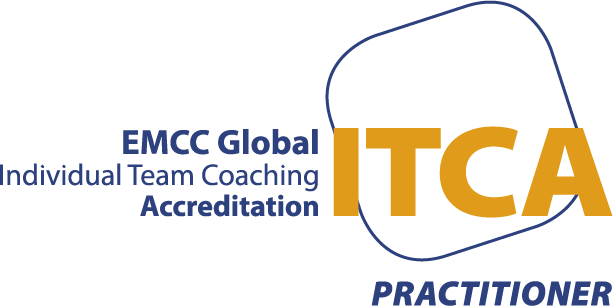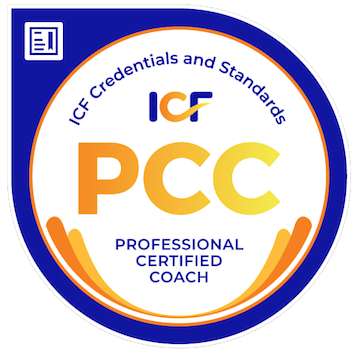Team coaching is particularly effective in modern collaborative work environments, where cross-functionality, seamless communication, and team synergy are viewed as essential elements for success.
With this in mind, here are 10 powerful benefits of team coaching:
- Enhanced Communication and Trust
One of the most impactful benefits of team coaching is the improvement of communication skills within the team. Team coaching supports a team to use effective communication strategies to help every member understand and appreciate their coworkers’ strengths and work styles. This may be aided by the team members taking an assessment such as DiSC. 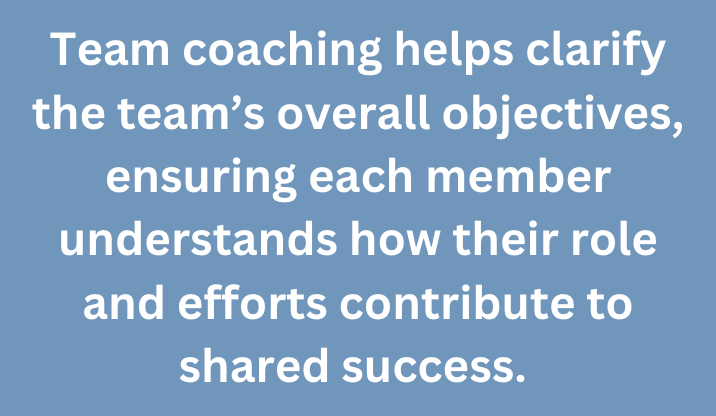
Improved communication also builds trust among team members by enabling a safe and comfortable environment for sharing ideas and feedback. Some would call this the presence of psychological safety, which is important for a team to have great communication and trust they can feel.
- Clearer Goals and Alignment
The setting and alignment of goals are essential to team success. Team coaching helps clarify the team’s overall objectives, ensuring each member understands how their role and efforts contribute to shared success. Coaching can also facilitate goal-setting processes that engage all team members, freeing teams from costly inefficiency and misunderstandings.
- Improved Problem-Solving and Conflict Resolution
Coaching equips teams with effective conflict-resolution skills through frameworks and strategies to navigate these challenges constructively. Coaches often guide teams through exercises that enhance creative thinking, resilience, and adaptability. Team members learn to problem-solve and appreciate conflicts as opportunities for growth.
- Strengthened Accountability and Collaboration
Every team benefits from a culture of accountability where each member assumes accountability for their work and understands how their contributions impact the overall success. Team coaches help teams establish clear roles, responsibilities, and expectations, empowering members to collaborate more effectively and willingly take ownership of their actions.
- Increased Engagement and Motivation
When individuals view their efforts as part of a larger, meaningful goal and feel a sense of belonging within the group, they’re more likely to be personally invested in their work. Team coaching plays a crucial role in boosting this type of engagement within teams. Increased engagement is correlated with job satisfaction, reduced turnover, and a healthier team culture. 
- Development of Leadership Skills Within the Team
By fostering a collaborative mindset rooted in emotional intelligence, team coaching encourages individuals to take on more responsibility and actively contribute to their team’s success. This mindset helps create an environment where everyone has the opportunity to take a leadership role. An additional benefit is that this process helps identify team members who have the potential to lead.
- Increased Adaptability and Innovation
Today’s dynamic work environments often require rapid adjustments to new realities. Coaching prepares teams to be more adaptable and innovative, providing tools and techniques for embracing change and thinking innovatively. Coaches encourage teams to adopt a mindset that sees challenges as growth opportunities, empowering teams to approach problems creatively.
- Long-Term Team Cohesion and Success
The insights and practices learned through team coaching have a lasting impact. Coaching fosters a sense of unity, improved working relationships, and an increased ability to navigate future challenges together. This lasting cohesion promotes high performance and continuous improvement, making the team more robust and effective long-term.
- Building a Culture of Continuous Learning
A continuous learning mindset enables teams to adapt to changes, acquire new skills, and stay ahead in a competitive landscape. Team Coaching builds a learning-oriented culture by encouraging self-assessment and skill growth while leveraging feedback, promoting flexible learning opportunities, and fostering knowledge exchange within teams.
- More Effective Decision Making
Team Coaching enhances decision-making capabilities by promoting critical thinking, analyzing different perspectives, and considering diverse solutions. Coaches facilitate structured discussions, encourage data-driven decision-making, and guide teams in developing effective problem-solving strategies. By improving decision-making processes, coaching enables teams to make informed choices free of second-guessing and procrastination.
Team coaching emphasizes interpersonal dynamics and shared goals, helping teams boost their potential, adapt to change, and maximize success. It’s a powerful investment for organizations that want to grow a high-performance culture where individuals work together cohesively to achieve outstanding results.
We’re Ready to Coach Your Team to Success 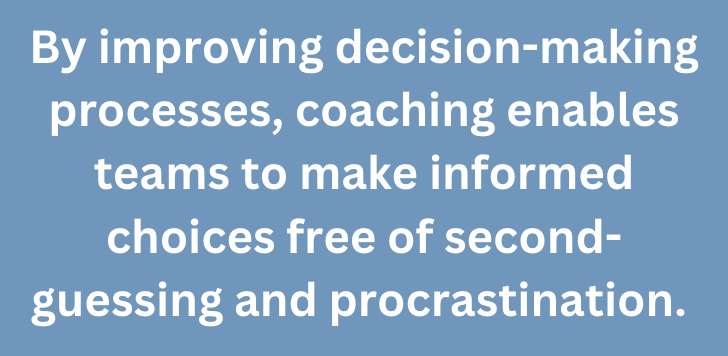
Team coaching is an important component of our coaching portfolio that has benefited many of our clients over the years. We love working with teams, and we’ve seen time and again how our proven methods and techniques forge winning teams. To learn more about our team coaching services, as well as our executive leadership coaching, schedule a meeting with us today.
Here are more resources related to teams:
Articles:
- Team Coaching: What it is and how it works, in a nutshell
- Are you working in the team or on the team?
- How are your Teams Feeling Right Now? Measure the Emotional Culture
- The Role of Team Training in Building Company Culture
- Building Cohesiveness in Your Team: 10 Best Practices
Case Study:
- Case Study 3: Bringing a Team Together for Strategic Planning Success
- Case Study 6: Executive Coaching Helps a Young Leader Garner the Respect and Loyalty of Her Veteran Team
Videos:
- An Important Approach in Team Coaching
- What to Do When Members of a Leadership Team Don’t Get Along?
- Could Team Coaching be Good for Your Leadership Team
Photo copyright: Featured photo is from ©Olia Danilecivh via Pexels. Secondary photo is from ©Tiger Lily via Pexels.
